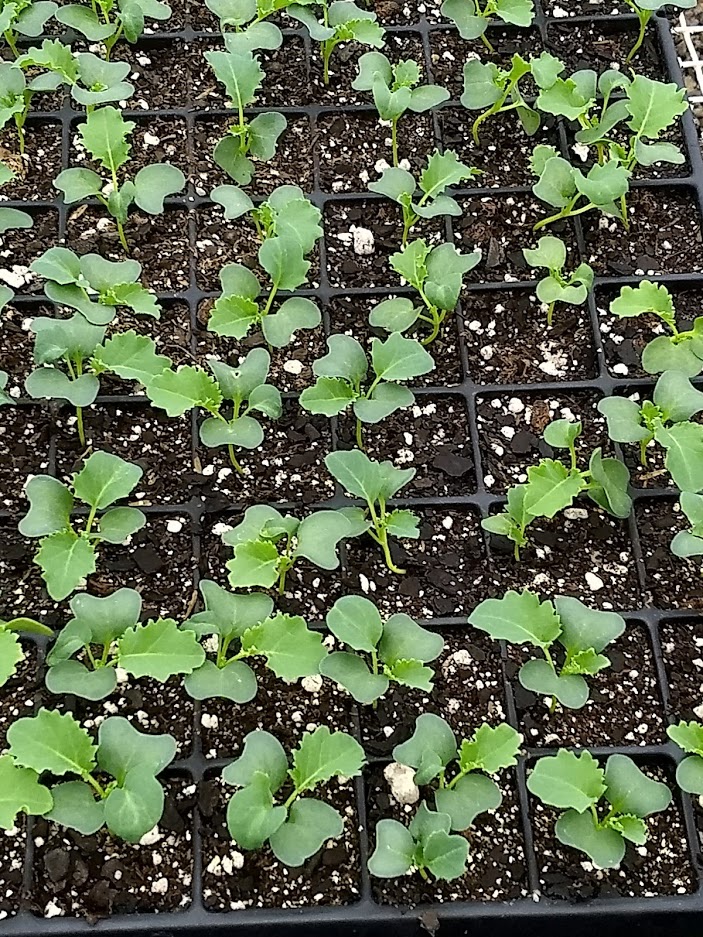Garden Time
Garden Time!
As the temperatures are warming up, people get excited to get back out in the garden. Here are a few thoughts as we move into the growing season to help you have a productive year. 
First, patience is key. On warm, beautiful days, it is easy to get tempted to plant anything and everything in the garden. It is hard to be patient, but it will make your growing experience better. Now is the time to plant the earliest things, peas, potatoes, onions, but you probably want to wait until the soil is a bit more consistently warm before planting things like lettuce, radishes, carrots and the like. Warm season crops like tomatoes, peppers and eggplant are a ways from being ready to put in the garden, but if you hurry, there is still time to start them as seedlings indoors. Usually you want to give them 6 weeks to mature before planting outside.
Another challenge in the spring is to wait to work the soil when it is dry enough. If you can take some soil and make a ball in your hand and it crumbles easily, it is dry enough to work. If it sticks together, it is too wet. If we get a wet spring, it can be hard to wait until the soil dries out, but you can do damage to your soil structure that it might take years to recover if you work it while it is too wet. Working wet soil will pack soil particles tightly, leaving less room for water and air to penetrate making it hard for plant roots to grow. In addition to making it difficult for plants to grow, compacted soils also tend to drain more slowly, in turn delaying the ability to work the soil after the next rainfall. One way to manage this for next year, is to do most of your soil preparation in the fall.
Finally, build soil health by adding organic matter to your soil. There are many different ways to add organic matter, but adding compost is an easy to add stable organic matter. If you haven’t had a soil test for several years, that might also help you understand your nutrient levels and make appropriate amendments. To collect a soil sample for testing, scoop some soil from the top six inches in six to eight locations throughout your garden plot. Mix all those samples in bucket to make a composite sample, about 2 cups worth. You can bring your sample to the to the Douglas County Extension Office at 2110 Harper St. and we’ll send it off to K‐State and get back to you with recommendations for amending your soil. The basic soil test is $9.00 and a more advanced option that tests organic matter is $14.75.
It’s never too late to learn more. If you want to learn more about starting a vegetable garden check out our upcoming webinar “Get Started Growing Veggies” on March 30 at 4:00-5:15. Register at
https://ksu.zoom.us/meeting/register/tJItf-uvrz0sEtZQn4CEVyYU78dBF1a8drea
Another great resource to help you get growing is the Kansas Garden Guide. It is available online at https://bookstore.ksre.ksu.edu/pubs/S51.pdf or you can purchase a copy at the Douglas County Extension office for $6.
You can also check out the K-State Garden Hour for a twice a month dose of garden education:
